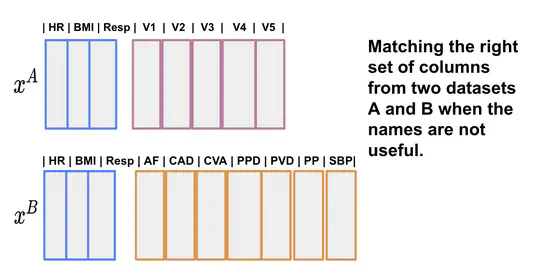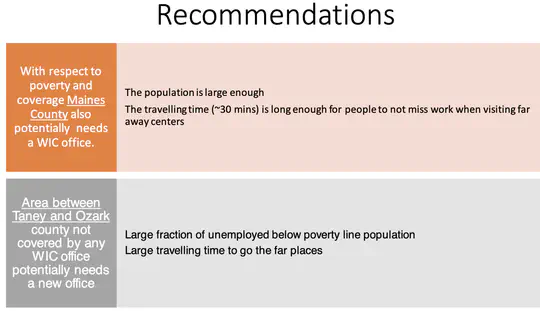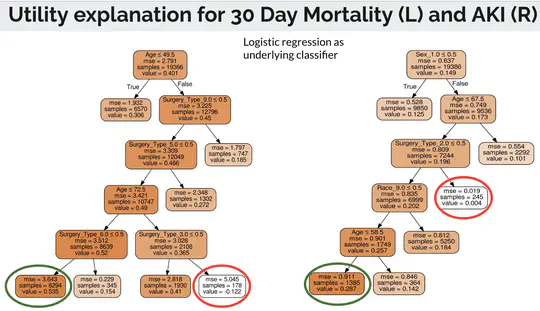Sandhya Tripathi is a researcher specializing in machine learning applications within healthcare. Her research interests span perioperative and critical care settings, focusing on the creation of AI-based clinical decision support systems—from designing AI models to deploying them in EHR systems—and exploring how these models impact different societal demographics.
Experience
Postdoctoral Research Associate
Washington University School of Medicine in St Louis
- Clinical Model Development and Deployment
- Developed solutions for the problem of merging patient medical records from different hospitals or health recording systems using state-of-the-art deep learning techniques.
- Queried large open-source medical dataset MIMIC in PostgreSQL for solution’s performance demonstration.
- Validated these techniques by implementing self-designed PyTorch models on high-performance computing platforms in portable Docker containers to demonstrate improvement over existing methods.
- Developed tailor-made code in R using statistical techniques to process intra-operative medication data for manual entry or drug unit mismatch errors.
- Designed supervised prediction models for post-surgical complications (such as in-hospital mortality, cardiac arrest etc) in Python to inform clinicians of individualized patient risk. Utilized LSTM and attention-based deep networks to process intra-operatively recorded medications and vitals for model deployment using torch serve.
- Evaluation of clinically deployed models
- Designed risk prediction explanation methods using machine learning interpretability techniques while collaborating with domain expert colleagues on GitHub.
- Evaluated the deployed machine learning models that were being used in a telemedicine centre as part of a large randomized control trial for racial, sex-based or age-based discrimination.
- Conducted interviews with the clinicians to understand the impact of AI-generated risk predictions along with explanations on their decisions.
- Impact of social vulnerability on surgery outcomes
- Quantified zipcode based social economic status for patients from St Louis area using GIS tools.
- Conducted statistical analysis to study the effect of social vulnerability on the post surgical complications.
Researcher Scholar
Indian Institute of Technology Bombay
- Learning in the presence of label/annotation noise
- Designed algorithms to learn in the presence of label noise (due to crowdsourcing or sensor breakdown) in a cost-sensitive (arise in safety-critical systems) binary classification setup.
- When either of the two label classes is corrupted/flipped with the same rate, proposed a modified version of conventional squared loss along with theoretical guarantees and empirically demonstrated its significantly better performance on a variety of real-world datasets.
- When the two label classes are corrupted/flipped with different rates, proposed an adaptation of Generative Adversarial Networks (GANs) that is robust to corrupted real-world MNIST and Fashion-MNIST image datasets.
- Scalable classifiers based on exponential loss function
- Developed a theoretical framework using exponential loss for scalable binary classifiers.
- Demonstrated performance improvements in terms of accuracy and time across a large number of varying feature and sample-sized datasets.
- Interpretability in classification via Shapley value of a cooperative classification game
- Modelled a novel classification game for explaianable & interpretable feature selection.
Projects
*
The project uses fundamental statistical and deep learning techniques to solve the matching problem in EHR.
Use of Geographical Information Systems (GIS) for analyzing WIC (Supplemental Nutrition Program for Women, Infant and Children) office locations in Missouri.
The project evaluates the clinical prediction models for fairness and provides a applicability based solution in the form of model cards.
Recent Publications
Quickly discover relevant content by filtering publications.
(2023).
A Modulation Layer to Increase Neural Network Robustness Against Data Quality Issues.
Transactions on Machine Learning.
(2022).
Algorithmic Bias in Machine Learning Based Delirium Prediction.
In ML4H'22.
(2020).
Interpretable feature subset selection: A Shapley value based approach.
In Big Data'20.
Skills
Statistics
Machine Learning
Deep Learning
Python, Pytorch
R, SPSS
Docker, PostgresSQL
Certifications
Contact
- sandhyat at wustl dot edu
- 3143620000
- 660 S Euclid Ave, St Louis, MO 63110
- DM Me


